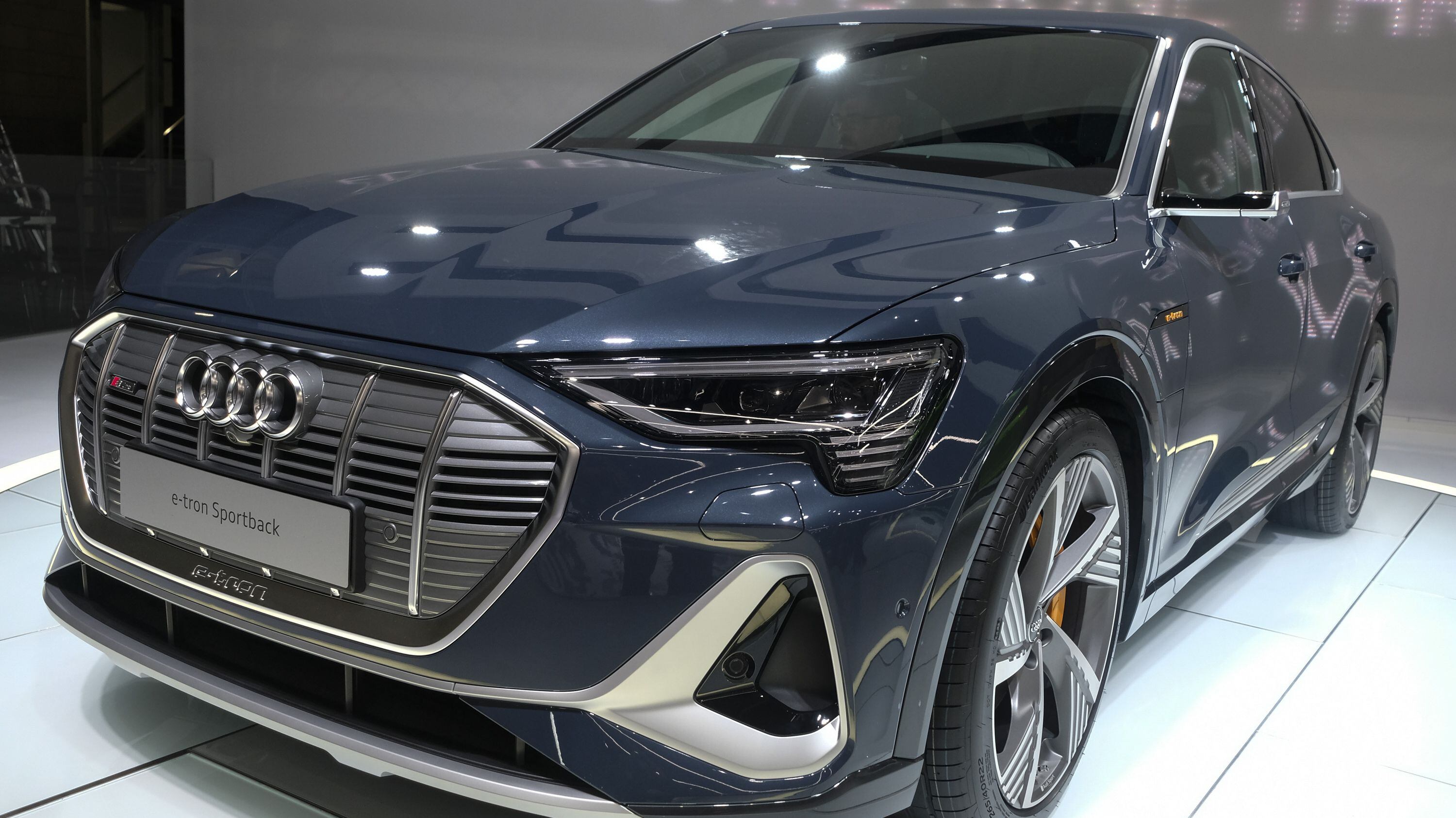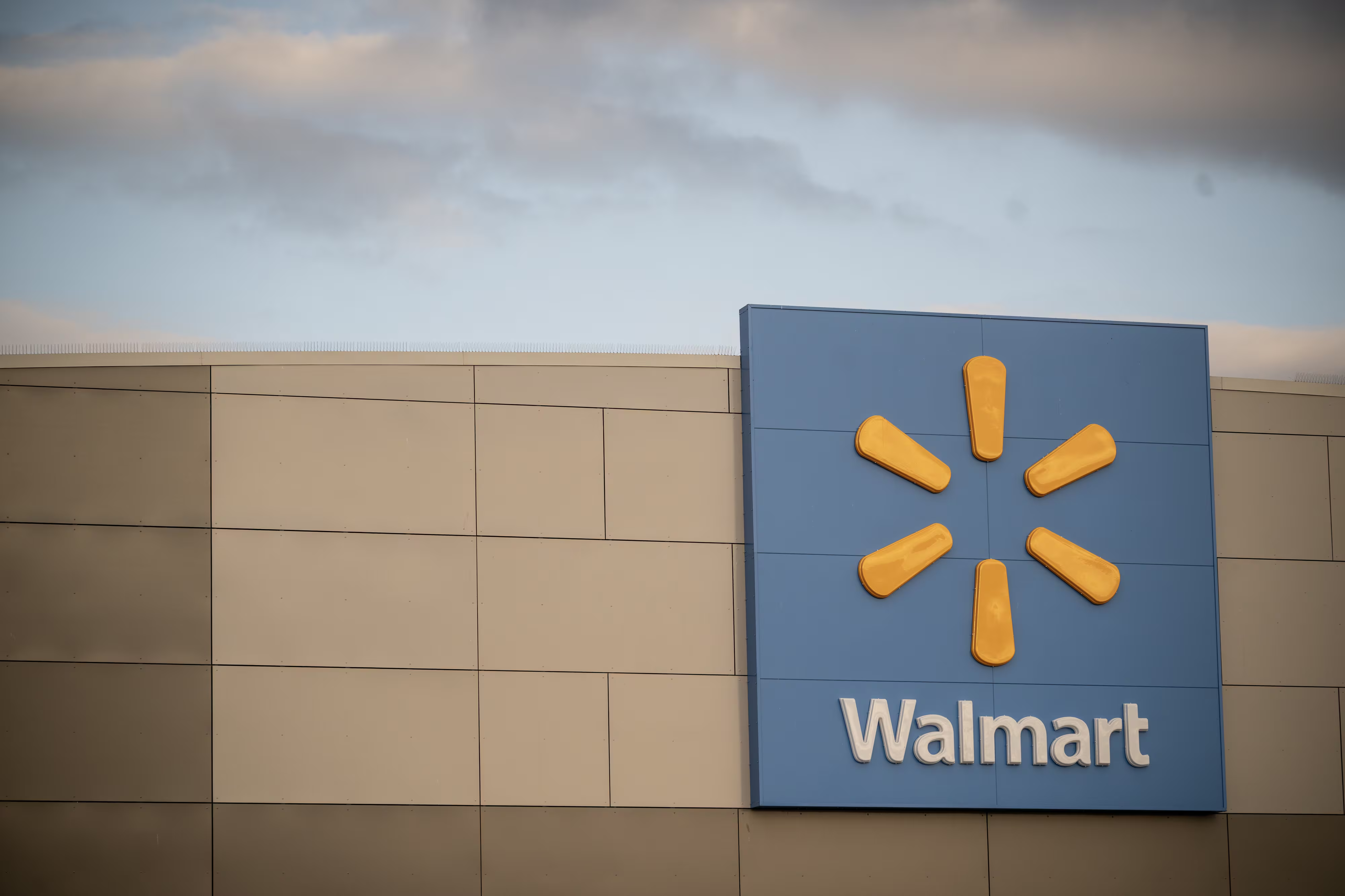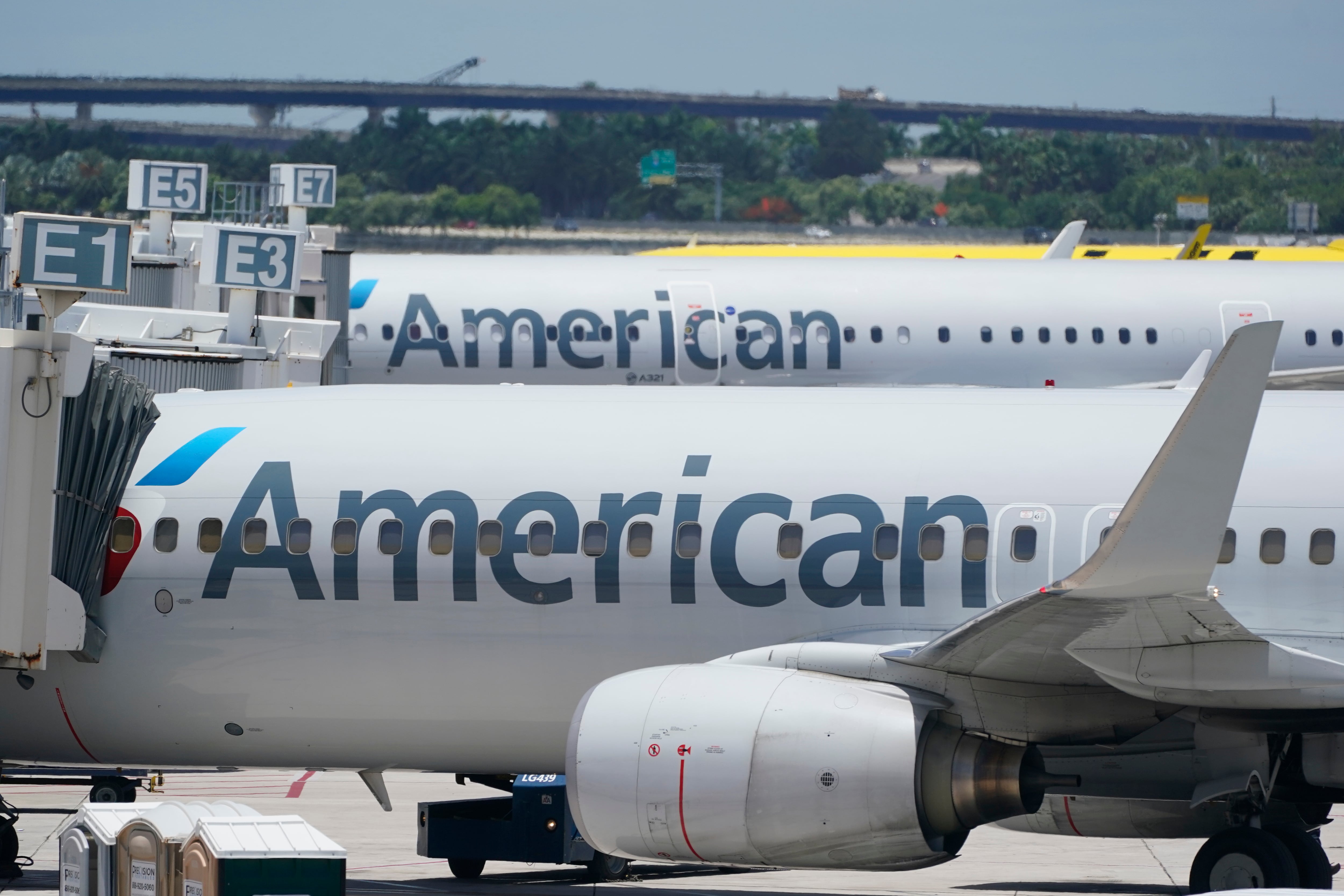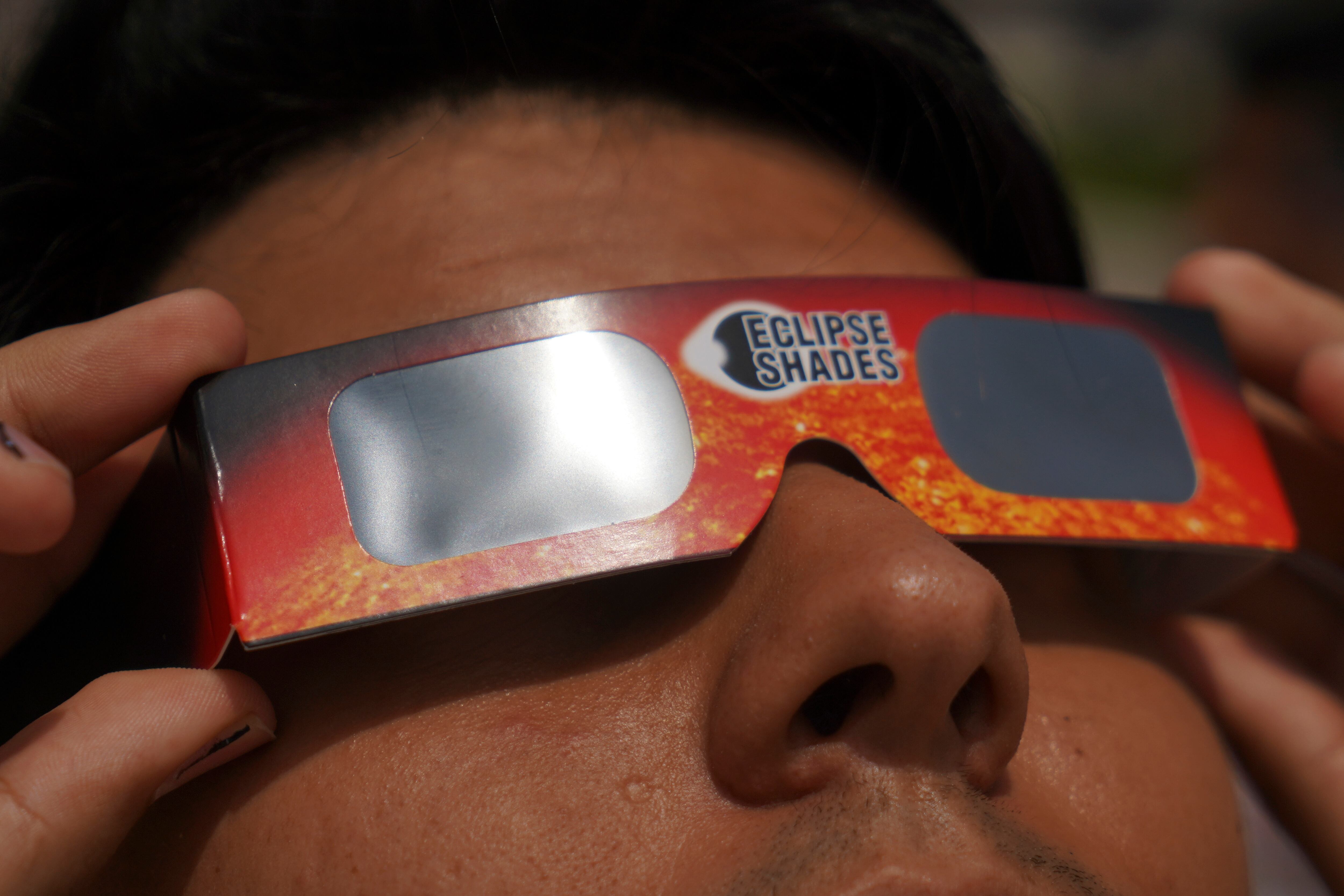The Chargers weren’t on the field this Super Bowl, but charged-up vehicles were one of the dominant themes of the marquee with $5.6 million commercials driving the big game’s ad-breaks on Sunday.
Spots showcasing electric vehicles made up the bulk of the automotive ads that played during the three-hour and 45-minute Super Bowl championship between the Kansas City Chiefs and San Francisco 49ers.
Rather than tough, muddy pickups or roaring, hard-charging muscle cars, these were largely luxury and performance vehicles from the likes of Audi, Porsche, GMC, and Ford. GMC, teasing its Hummer EV, even referred to it as the "Quiet Revolution."
There was also a spot featuring self-driving technology – not from a white-glove luxe automaker, but Hyundai.
But Tesla, wholly absent from the field, may have had the biggest weekend of all: Chiefs players, asked during media day about the hottest car in the NFL, couldn’t stop talking about their Teslas – including tackle Cam Erving, who’s apparently earned the nickname "Dr. Tesla." The 49-second round-table interview made headlines without Elon Musk’s roaring-hot automaker having to spend a cent on marketing.
The ads come as EVs last year experienced a slump. Sales of electric vehicles, including hybrids, in the U.S., dipped by 9 percent in 2019 from the previous year; a marked turnabout after EV sales boomed by roughly 80 percent in 2018.
Automakers are nonetheless investing heavily in the vehicles – Ford alone is planning to roll out 16 electric vehicles through 2022, part of its $11.5 billion investment in the sector, spearheaded by its Mustang Mach-E crossover SUV.
The most eye-catching ad of the night, though, was likely Audi’s spot for the E-Tron:
Audi E-Tron
The commercial featured Maisie Williams, of Game of Thrones, behind the wheel, escaping traffic and sweltering heat – a clear connection to internal-combustion cars and climate change, without ever saying the term – by taking a turn onto a highway that’s miraculously free of any other vehicles. She speeds past mechanics shops and broken-down cars while belting out a rendition of Frozen’s Let It Go. The piece managed to deftly combine a number of EVs’ main selling points – which ads have often chosen not to include: both the environmental angle, for example, and how EVs typically require less maintenance. And by casting Williams, it portrayed the vehicle as a young person's car, too.
Hummer EV
General Motors heralding its "Quiet Revolution" with the Hummer EV – brawny gas-guzzler once synonymous with American consumption, now set to return as a battery-powered, 1,000-pound behemoth. The ad features many of the hallmarks of traditional sports-and-trucks commercials: Roaring gears, charging horses – but then it goes silent, cutting to NBA star LeBron James soundlessly shattering a backboard with a monstrous dunk, then the words and voice over "zero emissions, zero limits." Buying an EV, in other words, is anything but a compromise.
Hyundai Sonata "Smaht Pahk"
This star-studded, immediately quotable ad didn’t highlight an EV, but it did feature something else: self-driving tech in a relatively affordable car. The parking add-on – official known as Remote Smart Parking Assist – will pull the four-door Sonata sedan into and out of a parking space, something once largely available only from the likes of Mercedes-Benz, but now in a roughly $35,000 vehicle. (It’s worth noting that Ford also offers SUVs with parking assist tech.) The ad missed an obvious chance to bring back Jeremy Renner – "Whose car we gonna take" has to be one of the easiest lines to shoehorn into a car commercial – but we can get by with Chris Evans, John Krasinski, and Rachel Dratch, and "the Boston way" language option on Hyundai’s Smart Park webpage, as opposed to "in plain English," is a wicked nice touch.
Porsche Taycan EV
It’s an idea we’ve seen before: Supercars racing down city streets in an apparent "Heist" – that’s the name of the ad here – when, lo and behold, it’s simply some car dealers (we think?) playing tag with a series of six-figure exotics (woe to any cyclists who might’ve been hoping to share the road). The Porsche Taycan EV, though, is something else: Set to debut this year, at a price of $150,000, it aims to unseat Tesla’s high-end Model S sedan and Model X SUV as the go-to EV for the wealthy set. Like GMC’s Hummer EV, the ad highlighted the performance advantages of an electric vehicle: chief among them whip-fast acceleration. Note to Porsche: if you’d like anyone outside the typical Porsche tax-bracket to take the car for a spin, we can make some times work.
Ford Mustang Mach-E
This is the vehicle that hoped to be the first to take on Tesla head-on. Unveiled right near the grounds of Elon Musk’s SpaceX, essentially Tesla’s backyard, the Mach-E seems to be getting positioned as a muscle-car-inspired challenger to Tesla’s forthcoming, similarly sized crossover SUV, the Model Y. Musk has since announced that the Model Y will debut months earlier than expected, putting on the road ahead of the Mach-E. But that hasn’t slowed Ford: Its Super Bowl Mach-E spot, like the debut event in California, featured Idris Elba, who worked the night shift at a Ford plant in the UK before taking a shot at acting. And at a full minute long – instead of 30 seconds – Ford is continuing to demonstrate that it’s following through on CEO Jim Hackett’s pledge two years ago: "We’re all in on this."













